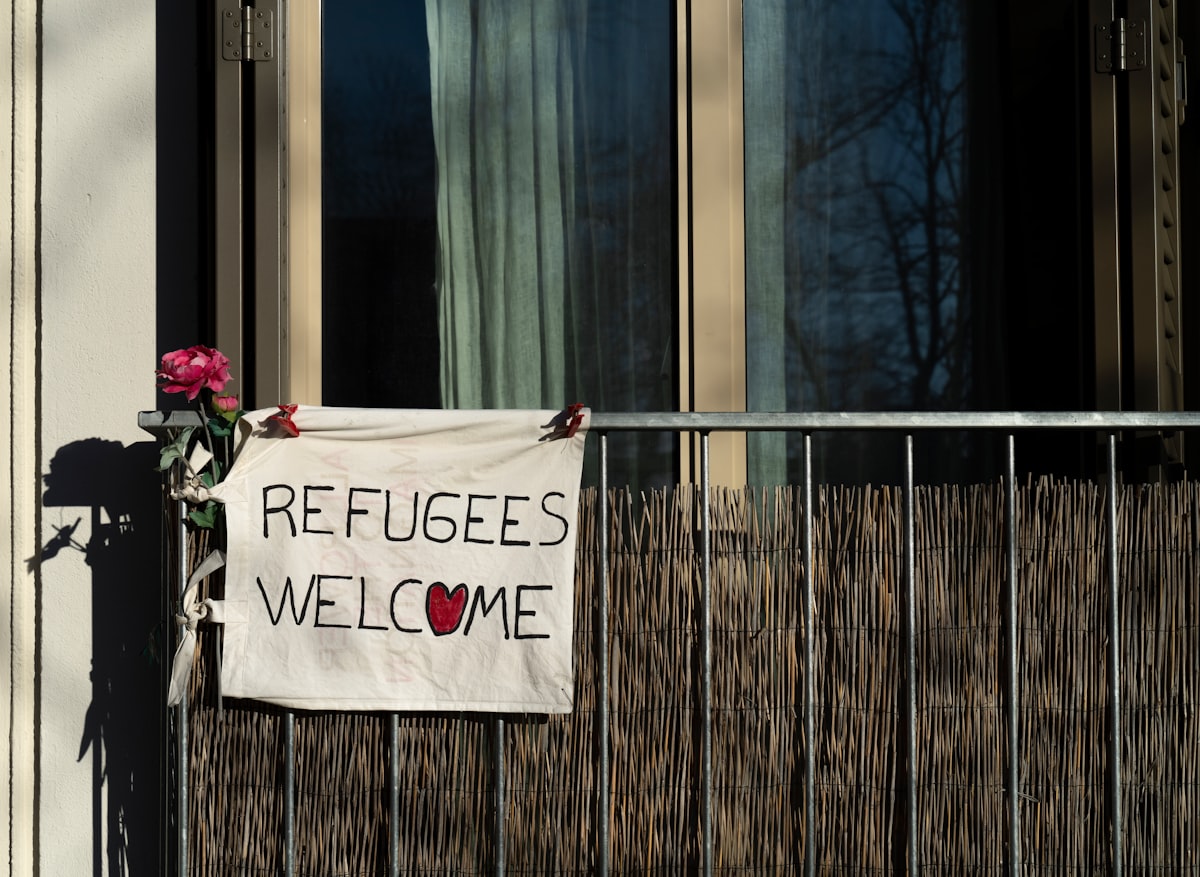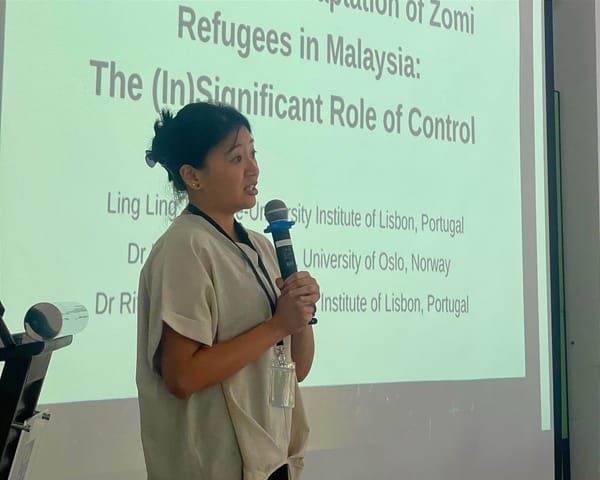SPEAK: How do Refugees Adapt to Life in Portugal?
Migration is a big deal. For some, it is an opportunity for personal growth. For the forcibly displaced, it is a big challenge.

Migration is a big deal. You need to acquire a new language, make friends from different cultures and learn ordinary everyday things, such as how to take the local transport, where to buy groceries or do your laundry (you'd be surprised that different places have different ways of washing clothes). When the culture and environment change, inevitably, a migrant will need to adapt and experience changes within themselves, too.
For some, this opportunity to learn new things or acquire new skills can be exciting and inspiring, stretching your abilities beyond your perceived limits. For others, this poses a more significant challenge, especially if you are harbouring psychological wounds from human rights abuses after forcibly fleeing from your home.
From April to December 2022, research was conducted on the psychological adaptation of refugees. The data of Portugal-based refugees were extracted and analysed separately, which resulted in a published article on the Speak Social blog. The article "Are refugees truly finding well-being and hope in Portugal?" was originally published on the 20th of June 2022 to promote awareness of refugees and celebrate World Refugee Day.
Of the respondents that participated in the research, over 60 were refugees living in Portugal, with slightly more than half from Ukraine and Afghanistan. The remaining participants came from 15 countries: Albania, Angola, Cameroon, Congo, Gambia, Guatemala, Guinea, India, Mali, Mauritania, Nigeria, Pakistan, Somalia, Sudan, and Venezuela.

The results were significant.
For respondents based in Portugal, the opportunity to connect and interact with locals is enough to boost their subjective well-being. By being around locals, respondents felt their "daily life has been filled with things that interest" them and have felt "cheerful and in good spirits".
Surprisingly, respondents in Portugal perceive very little discrimination against them. This means the respondents have little experience in being physically attacked, threatened, offended or disrespected by a local.
To learn more, read the full article below.

My deepest gratitude is extended to
- Dr Rita Guerra from ISCTE-IUL, Portugal and Dr Kinga Bierwiaczonek from the University of Oslo, Norway
- Harvind Ganese of Speak Social
- Ziauddin Samadi of Associação da Comunidade Afegã em Portugal
- Bruna Silva and Isabel Rabaça of Caritas Portugal
- Cláudia Santos of JRS
- Borys Dmytruk of Escola Ucraniana Taras Shevtchenko






